
It may be hard to distinguish what is normal when it comes to newborn’s bowel movement. Babies have frequent bowel movements and they tend to be quite soft, especially if the baby is still very young and his or her only food consists of mother’s milk or formula. In addition, some foods that a breastfeeding mother eats herself may influence the consistency of the baby’s stool. However, if the baby’s bowel movement pattern suddenly changes and if the stool is mostly very watery, it may indicate diarrhea.
Potential causes of diarrhea
There are many things that can cause diarrhea in a breastfed baby. It can be a viral or bacterial infection, a parasite or simply something he or she ate. If the baby only feeds on milk or formula, the reason behind diarrhea is probably an infection.
Many viruses are known for causing gastrointestinal problems in babies, such as rotavirus, adenovirus, astrovirus and influenza. These viruses, along with diarrhea, also cause abdominal pain, nausea, vomiting, sometimes fever too.
Bacteria, parasites and medications
As for the bacteria, E. coli, shigella, salmonella, staphylococcus and campylobacter are potential culprits of diarrhea, especially if there is also blood in stool and cramps. However, these bacteria are mostly contracted through undercooked meat and other solid foods, it is not very common for them to affect breastfeeding babies.
Ear infections can sometimes cause diarrhea too. As for the parasites, giardia is a possibility, especially if the baby spends time in group care or in a medical facility.
Diarrhea can also be associated with medication, especially if the baby is receiving antibiotics.
Treatment for diarrhea in breastfed babies
Occasional bouts of diarrhea that only last a short while are not uncommon or dangerous in newborn and breastfed babies. If diarrhea persists for two days or more and if it is coupled with cramps, irritability, fever, vomiting and blood in stool, it is important to seek medical attention, preferably from the baby’s pediatrician.
If a newborn baby has diarrhea, the greatest concern is dehydration. He or she should be given liquids, if they are allowed at that age, and if there is no vomiting, milk or formula feeding should be continued normally.
Pediatrician’s instructions
However, if the baby cannot hold milk or formula down, it may be necessary to administer pediatric electrolyte solution, according to the pediatrician’s instructions. If the baby has already started eating finger or table foods, it is recommended to feed him or her with bananas, rice, applesauce, toast, lean meat and yogurt. However, if the baby is currently only feeding on milk or formula, it is better to see a doctor who will recommend exactly what to do and take measures to prevent complications, such as dehydration.


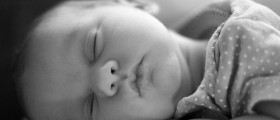

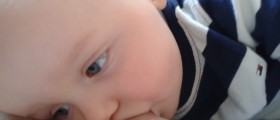
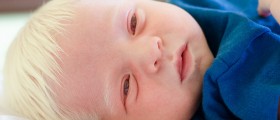
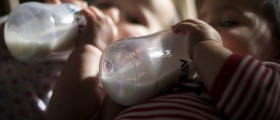



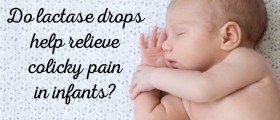


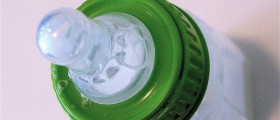
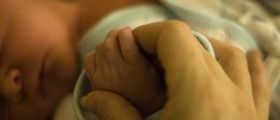

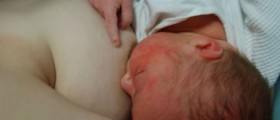
Your thoughts on this
Loading...